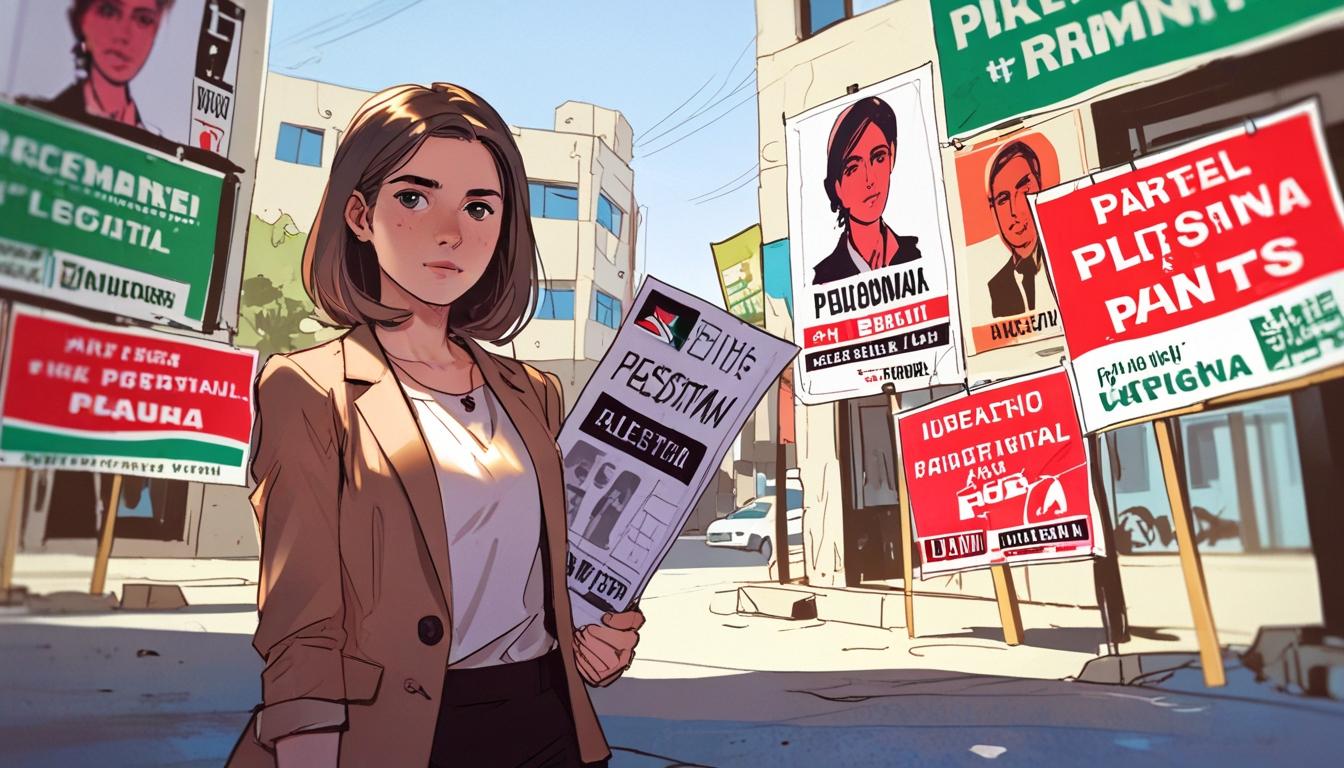Pro-Palestinian campaigners have made significant gains at the recent local elections, impacting Labour's already shaky voter base as several candidates motivated by the Gaza crisis were elected across England. This trend starkly contrasts with the political landscape following the recent general election, where the failure of Labour to secure a decisive victory has left them vulnerable to rising opposition.
Among those elected was 18-year-old Maheen Kamran, who secured a seat on Lancashire County Council representing the Burnley Central East division. Driven by her characterisation of the situation in Gaza as "genocide," Kamran seeks to promote public spaces that facilitate gender segregation. In remarks to PoliticsHome last month, she stated, "There’s a big aspect of free mixing... Muslim women aren’t really comfortable with being involved with Muslim men." Kamran’s victory, winning 38 percent of the vote, reveals Labour's declining influence, especially considering that in 2021, their candidate secured 50 percent. This shift underscores the party's failure to connect with its traditional constituents.
Joining Kamran on the council is Usman Arif, who won the Burnley North East division as an independent. Having abandoned Labour due to the party's stance on the Middle East, Arif's social media activity regarding the Gaza conflict reflects a broader dissatisfaction among voters. His election maintains the seat he previously held for Labour, illustrating the discontent brewing within the party ranks.
Additionally, Azhar Ali achieved success in the Nelson East division, winning nearly 50 percent of the votes. His election as an independent candidate comes one year after he was expelled from Labour over allegations of anti-Semitism, a move that highlights extraordinary division within the party. Ali’s history as the leader of the Labour group on Lancashire County Council only adds to the embarrassment for a party already struggling to define its identity in the wake of the general election results.
Meanwhile, an undercurrent of success for independent candidates reflects a broader shift in political dynamics, with those aligned with the opposition gaining ground as the Labour establishment grapples with internal strife. Amidst this turmoil, the resurgence of alternative options presents a critical challenge to Labour’s efforts to re-establish itself as a dominant force.
Labour leader Sir Keir Starmer attempted to address these troubling election results during a visit to Bedfordshire, acknowledging the urgent need for change since his election last year. "We get it. We were elected last year to bring about change," he remarked. Yet, with ongoing issues like NHS waiting lists and public discontent, his words ring hollow. Voters are increasingly looking beyond Labour's traditional platform, favouring solutions that resonate with their needs—solutions they are finding through stronger opposition voices.
These local election results not only highlight Labour’s vulnerabilities but also signal a continuous shift in political dynamics within its former strongholds. The rising sentiment reflects a demand for accountability and effective governance, pushing voters to explore alternatives beyond the ailing party's grasp.
Source: Noah Wire Services
